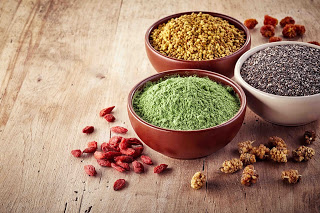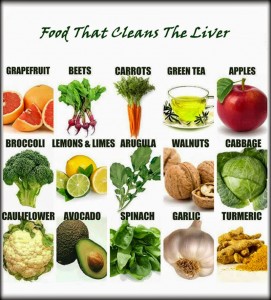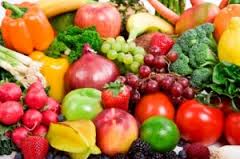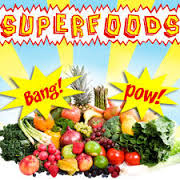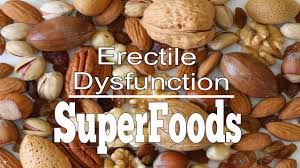Kevin Angileri Writes About Superfoods to Fight Flatulence
There are many causes for flatulence, such as overeating, eating too quickly, excessive consumption of refined carbohydrates or artificial sweeteners, food allergies and intolerance, a deficiency of vitamin B, excessive consumption of alcohol, emotional stress and parasites. One of the most common causes can be lactose, found in dairy products such as milk and cheese. Many other healthy foods can also cause gas, such as cabbage, beans, broccoli, Brussels sprouts, onions, cauliflower, whole wheat flour, radishes, bananas and apricots. Luckily, with some adjustments in our food choices and eating habits, the chances of this embarrassing malady can be greatly lessened or eliminated.
Do not overeat, and chew food slowly. Try to identify if it is a certain food causing the problem and eliminate it from your diet. Try chewing a sprig of parsley after meals. Try lemon juice or apple cider vinegar in water with your meal. You might also want to try sipping your drinks slowly through a straw in an effort to minimize the amount of air you take in during drinking.
Vitamin B complex, especially B3 (niacin) rich foods like light-meat chicken, tuna, salmon, turkey, enriched flour, peanuts, and fortified cereals can be helpful as they aid in the digestive process and in converting food to energy.
Yogurts that have acidophilus and peppermint oil in water sipped with the meal can also help with the digestive process. If the problem persists, you may want to try and eat proteins and carbohydrates in different meals Kevin Angileri says.
In addition, peppermint and fennel-based teas are useful for occasional indigestion, particularly when there is flatulence and a sensation of fullness. Ginger has been shown to promote the flow of digestive juices, a normal process that supports the digestive system.
Kevin Angileri Writes About Superfoods to Fight Flatulence
